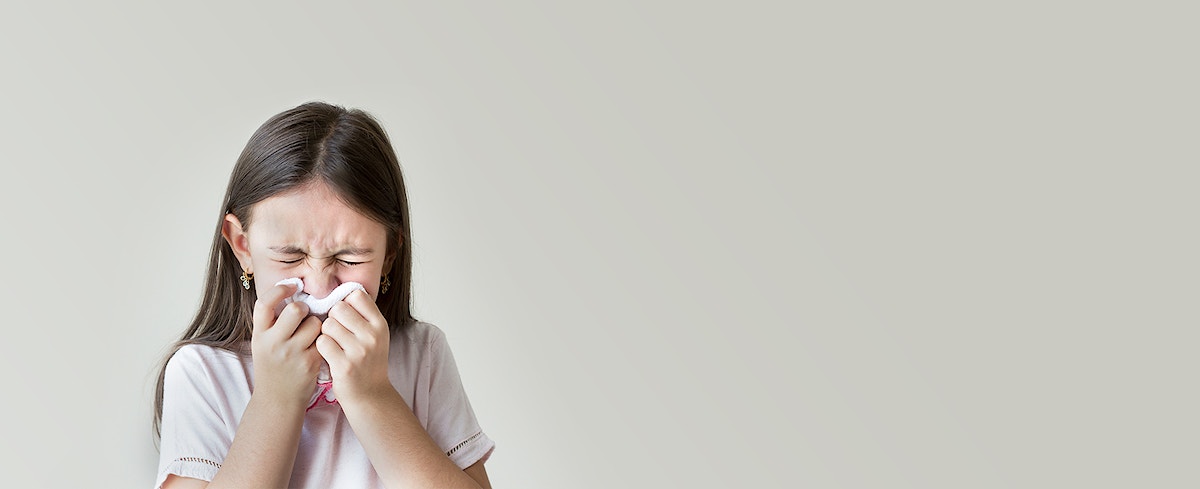ALLERGIC RHINITIS

It is an allergic reaction that happens in the eyes, nose and throat brought about by allergies that induces the release of histamine. In a child with allergies, the release of histamine causes itching, swelling and fluid to build up in the nasal passages, sinuses and eyelids. It can also happen in the lungs causing an asthma attack such as coughing and difficulty of breathing. Allergic rhinitis can happen in a seasonal basis or all-year round. A child with allergic rhinitis usually has a family history of allergic rhinitis, eczema and asthma. Some examples of allergens which can trigger an allergic reaction include pollen (trees, grass, weeds), dust mites, molds, cockroach waste and animal dander.

What are the risk factors for allergic rhinitis? Children with allergic disease such as asthma, eczema and food allergies are a greater risk of having allergic rhinitis. Eight out of ten children with asthma have allergic rhinitis and, in these children, an allergen is a common cause of an asthma attack. Also, children whose parent has allergies are at greater risk of developing allergies.
What are the signs and symptoms of allergic rhinitis? Each child might experience symptoms of allergic rhinitis differently. Common symptoms include sneezing, runny nose, stuffy nose, itchy eyes, nose, throat. Some children may have nose bleeding or clear drainage from the nose. Children with symptoms of allergic rhinitis all year round might experience frequent ear infections, snoring, some might have trouble in school, some might have disturbed sleep, and some might have this line cross the bridge of the nose from frequent wiping and scratching the itchy nose.
How do doctors diagnose allergic rhinitis? The diagnosis is based on doctors in obtaining a full history and a physical examination on your child. During the exam, the doctor might find dark circle around the eyes and swollen tissue in the nose.
Treatment for a child with allergic rhinitis would depend on your child’s symptoms, age and general health. It would also depend on how severe the allergic rhinitis is. Treatment options include: anti-histamines, nasal sprays, decongestant, and medications for asthma.
What are the ways on preventing allergic rhinitis? Mom and Dad, we can prevent allergic rhinitis by avoiding triggers which are the allergens. It is helpful if you know what your child’s triggers are. So, try to control the environment by air conditioning during pollen season and avoiding areas with heavy dust mites and molds.
Reference:

